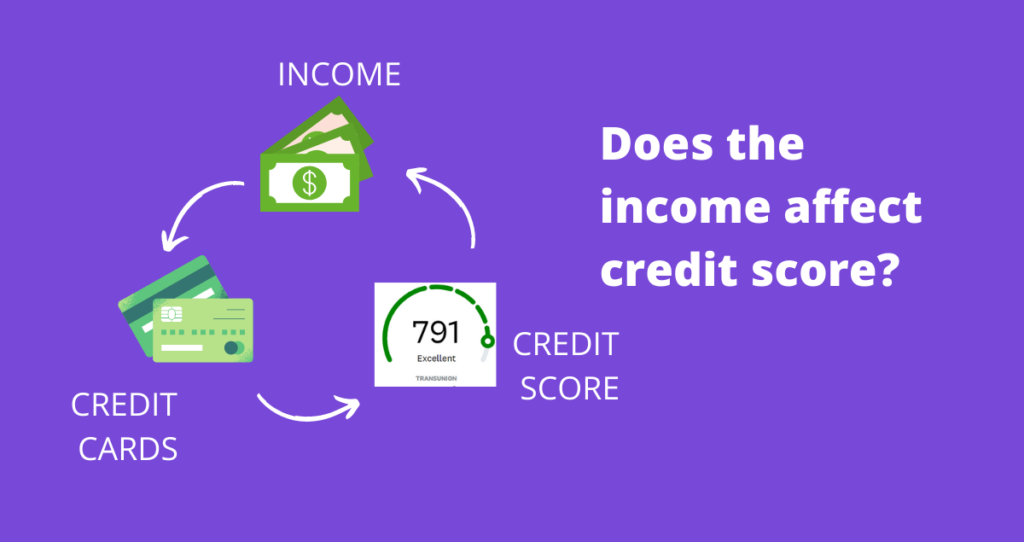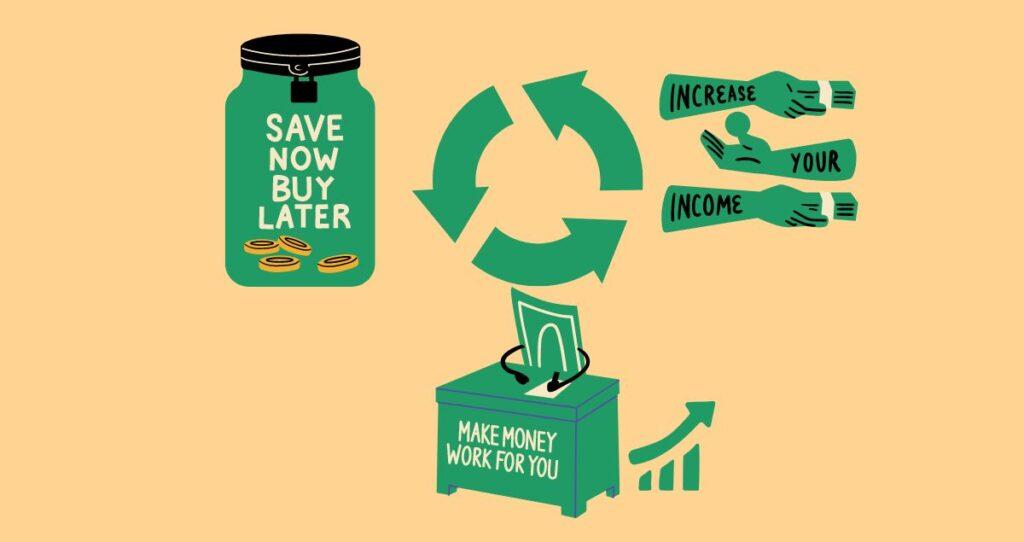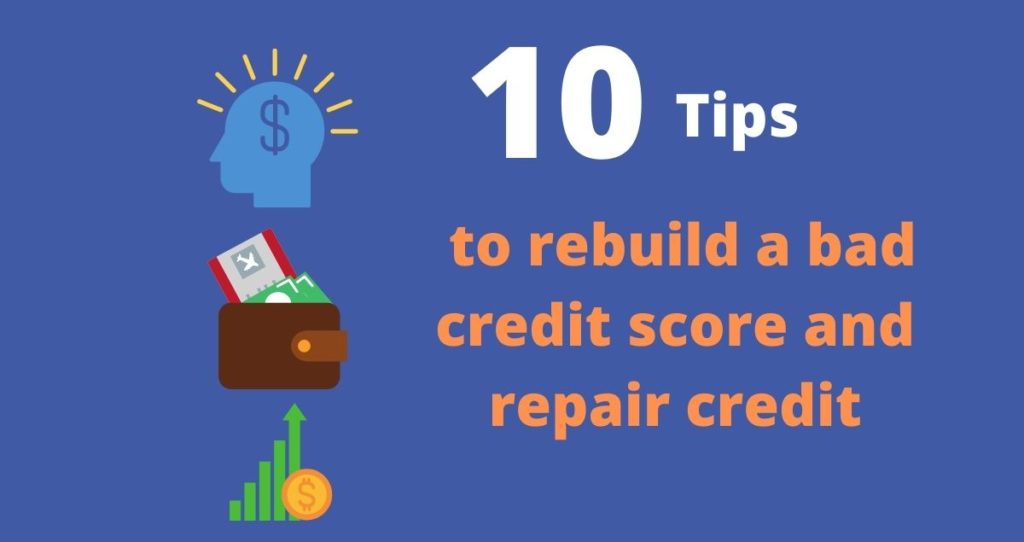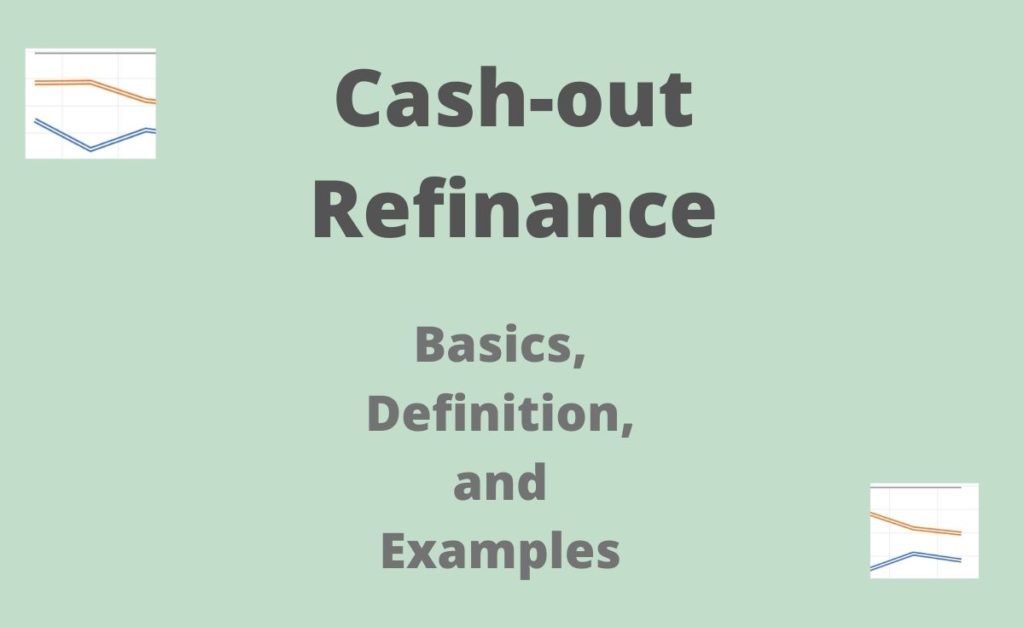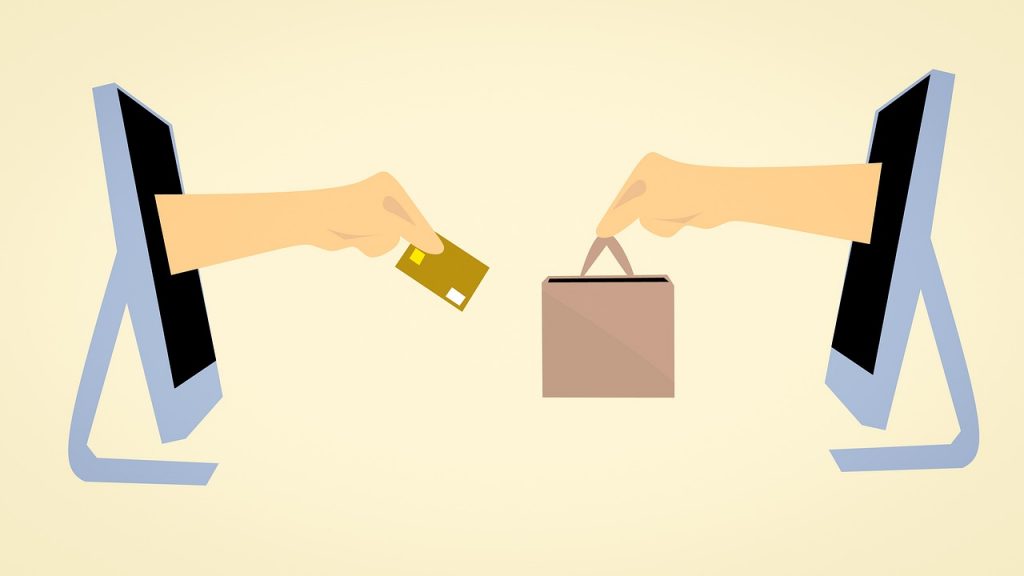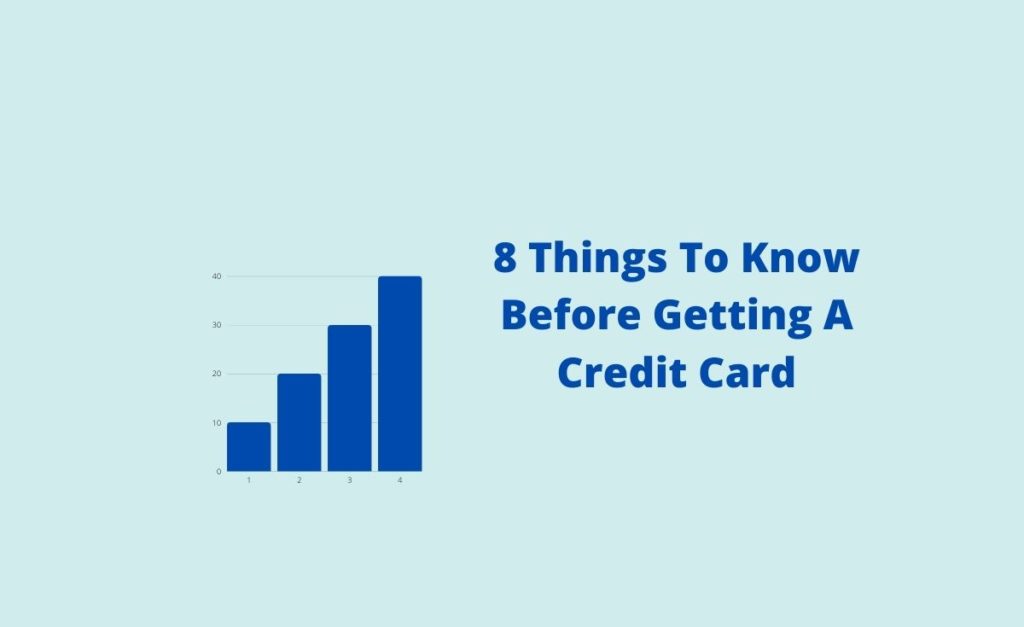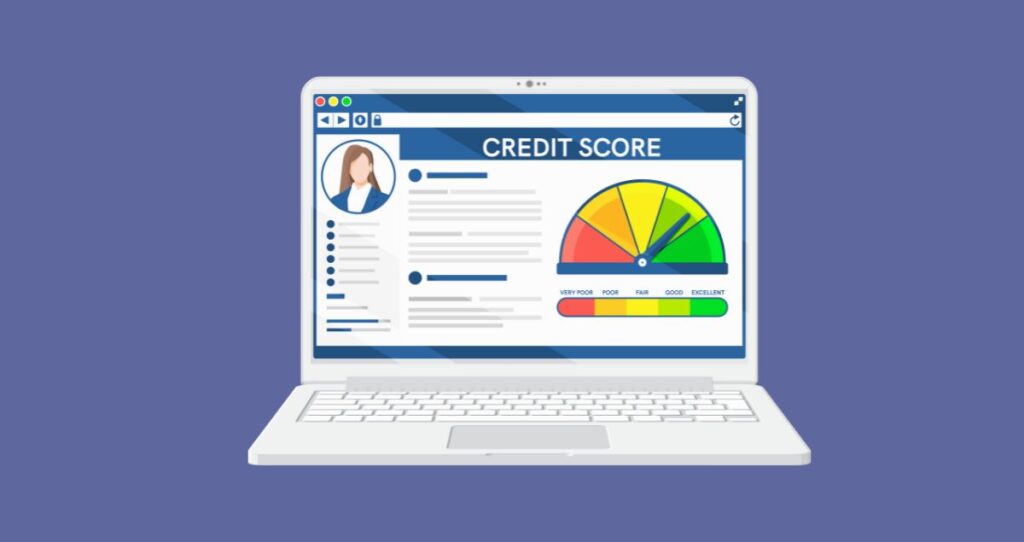Does income affect credit score? Will your credit score go down after losing a job? Your credit score is a magic number that says a lot about your financial history. This number ranges from 300-850. If you had any form of credit, you have a credit score and it will be between these two numbers. The higher your score gets in the range, the better.
Related: What is a credit score and how does it work?
Why is a credit score important?
Lenders use your credit score to judge your creditworthiness. Before you qualify for a mortgage or a loan, moneylenders will need to know if you will be able to pay them back the principal amount with the interest and other charges. One way to find out this information is to use your credit score and look at your credit history. A good credit score shows that you had credit before and paid it off well. That is you met your credit provider’s requirements. This will put you into a less risky borrower bracket.
On the other hand, if your credit score is not good, you will be classified as a risky borrower(subprime borrower). For this reason, it will be difficult for you to qualify for a loan/mortgage. Keep in mind that there are lenders who are willing to take risks on borrowers with bad credits. These borrowers end up paying a lot of interest on the money they borrow to balance the risk lenders are taking on them.
Your credit score will also be used in other aspects of life. For example, most landlords require a good credit score to qualify for an apartment. Some landlords will waive your deposit when you have a good credit score. Utility companies give discounts to customers with good credit scores or waive their deposits.
At this time, you know what a credit score is and why it is important. The question is: Does income affect credit score? Will your credit score get affected by how much money you make?
Related: Why is a credit score important?
Does income affect credit score?
Short answer: Your income will not affect your credit score directly. This is because your credit score is based on how you handle credit. That is how much money you have borrowed, how you pay it off, credit utilization, personal life events such as bankruptcy, foreclosures, etc.
That is, how much you make does not affect your credit score. However, it is possible that your income can affect your credit score indirectly.
Does unemployment affect credit score?
Being unemployed will affect your credit score only if the unemployment will affect your ability to fulfill your credit obligations. That is losing a job can indirectly affect your credit score. For example, if you have a mortgage there are chances that you will not be able to afford your monthly payments. Failing to make these mortgage payments will lead you to default on the mortgage and a foreclosure afterward.
A foreclosure will directly affect your credit score. As reported by FICO, your credit score will drop 100 points or more from a foreclosure. There are other events in your life that can potentially impact your credit score due to a loss of a job. For example, a bankruptcy filing will impact your credit score. Or if you have lost your job and cannot afford to make your credit card monthly payments, you will have late payments on your credit cards.
Late payment will directly impact your credit score. Your payment history covers 35% of your total credit score calculation. You can see that a loss of a job can indirectly affect your credit score. However, if you lose your job and have enough savings that help you make all your monthly payments on all credits you have, your credit score will not go down. This is because your employment status is not part of your credit score calculation.
Losing a job or having less income can lead you to excessively using your credit cards to cover your expenses. This will increase your credit usage. Hence, affecting your credit score.
A loss of a job will directly affect your credit approval rate, however. Lenders always want to know if you can pay them back. You can only pay back the lender if you work somewhere or have other reliable sources of income. Without a job or proof of income, you will be denied credit.
For this reason, your income will directly affect your approval for credit and indirectly affect your credit score.
Does income affect credit score: What affects my credit score?

Does income affect my credit score? Now you know that your income will not directly affect your credit score. In addition, you have learned how unemployment can affect your credit score and credit approval.
So, what affects your credit score? Since your credit score is only based on the money you borrowed and how you used it, everything that affects your credit score has to do something with your credit.
So, the following are factors that affect your credit score.
- Payment history: Your lender will be happy if you can pay them back and fulfill all terms and conditions of the credit. Failing to pay off the money you borrowed automatically makes you a risky borrower. For this reason, lenders will be reluctant to give you money. If you can’t pay off the money you borrowed, why would lenders give you money? This is why your payment history has more weight(35%) when it comes to your credit score calculation. Always pay off all your credit balances on time to keep your credit score up or rebuild a bad credit score.
- Credit utilization: How much you use out of your total credit will show lenders your financial standing. Using most of your credit shows lenders that you rely on credit to finance your daily expenses. In order words, you do not have a reliable income to cover your expenses. Relying on debt to save you increase the chances of not being able to pay them back. Hence, making you a risky borrower. For this reason, your credit utilization will have the second-highest weight (30%) of your credit score calculation. Avoid using your credit too much to keep your credit score in good standing or rebuild a wrecked credit score. It is suggested that you should not use more than 30% of your total credit limit. I think that is a high percentage. My recommendation: You should not spend more than 10% of your credit at any given time. The lesser the better.
- Age of credit: How long you have been borrowing money and paying it off will show lenders whether you can be trusted or not. That is you need a good track record of credit in order to win the trust of lenders. If you recently got your first credit, do not expect to have a perfect or near-perfect credit score. Your track record will directly affect your credit score calculation and has the third weight (15%). Your score will start lower and goes up over time. So, sit tight and continue using your credit responsibly.
- Credit Mix: A credit mix is a combination of credit you have. For example, you can have revolting and non-revolving credits. Your ability to handle different types of credits shows that you are good at handling debt. Hence, making you a good borrower and giving you more points on your credit score calculations. This factor holds 10% of your credit score calculations.
- Hard Inquiry/Derogatory Marks: Last but not least, are events happening in your life. Decisions you make with the money you borrowed or how often you borrow money. Things like foreclosure, bankruptcy, hard inquiries, etc. will all affect your credit score. All these factors show that you are desperate for more credit or are not able to pay off what you have borrowed. Hence, making you a risky borrower and impacting your credit score. These factors occupy 10% of your credit score calculations.
For more details, read the following article.
Read more: What are the factors on which credit score is based on?
How to repair a bad credit score?
Does income affect credit score?
Now you know much about your credit score and how it is affected. If your credit score is affected already, how will you repair it?
Rebuilding a wrecked credit score is not an easy task. There are a lot of tips, hacks, and procedures you must follow in order to rebuild it. The following is a list of tips to rebuild a bad credit score.
- Make a budget: Having a budget will ensure that you are allocating enough funds toward your debt payments
- Pay off the most expensive credit first: Paying off the most expensive debt, will reduce your debt. This will give you a chance to take control of your finances and make wise money choices. That is meeting all your dues whenever they occur.
- Make all your payments on time: Making your monthly payments on time for all debts you have will help you repair your credit score. Your payment history takes up 35% of your credit score calculation. So, you should give a lot of attention to this factor.
- Reduce your credit utilization: Spending most of the money you borrow makes it difficult to pay it off. In addition, it shows that you are relying on debt to finance your expenses. This makes you look bad in the eyes of lenders. Experts say that you should stay under 30%. To me, this is a huge percentage. My advice: you should use at most 10% of your credit limit. The lower the better. A lower credit usage makes it easy to pay it off and increases your credit score.
- Avoid applying for credit very often: When you apply for credit, the lender pulls up your credit profile. This generates a hard pull on your credit score. A hard pull or a hard inquiry affects your credit score. So, avoid sending in applications very often if you want to rebuild your credit score.
- Have discipline: At the end of the day, you should have discipline and follow a plan you have set in motion. If you can’t respect your plan, you can’t rebuild your credit score.
- Ask a friend to help you: Sometimes we need a hand when facing problems that are bigger than ourselves. If you can’t make a monthly payment or need other assistance, you can ask a friend to help you.
- Be patient and wait: Rebuilding your credit score will take time. For this reason, you should be patient in order to reach your goal. If you are new to the credit universe, your age of credit will affect your credit score. There is no way you can increase the age of your credit without waiting. So, sit tight and wait. It will go up. Do what you have to do and wait.
Read more: 10 Tips to rebuild a bad credit score and repair credit
